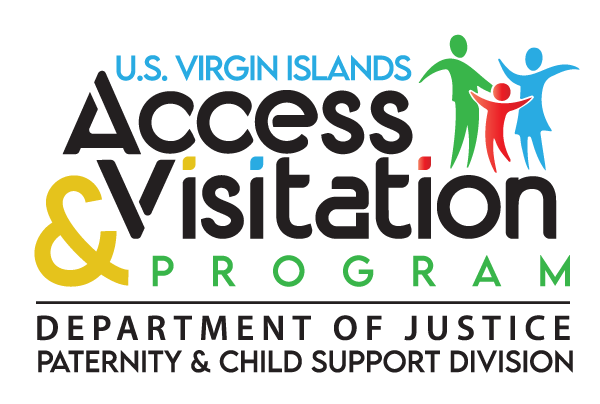What is Access and Visitation Mediation?
Access and Visitation Mediation Services is a program that gives parents the opportunity to create a confidential parenting plan with the assistance of a trained mediator. We provide in-person and virtual mediation options.
Who can qualify for Mediation?
Parents who are:
- Never Married
- Married
- Separated
- Divorced
- Grandparent/Legal Guardian
- Anyone needing a parenting plan or modification of a court-approved parenting plan may participate
Communication Ground Rules
Focus on the future & No interruptions
Avoid the blame game and fact wars; and
No name calling, yelling or threats
What is the mediator’s role?
Facilitate a discussion
Parents are encouraged to discuss their needs and hopes for the future.
Focus on the Future.
Mediation can help parents design a plan for present custody and future access and visitation with their child(ren)
To be a neutral party
The mediator is a neutral party who does not make decisions for the parents.
The mediator encourages cooperation and fairness.
The mediator assists parents in reaching an understanding of the visitation problems, listing possible solutions, evaluating choices, and putting a plan in writing
What is a Parenting Plan?
A parenting plan is a written plan of how parents will provide for the care and well-being of their child.
Must always be “in the best interest of the child”
Must be presented to the court or the administrative hearing officer for approval
Is binding on the parents once approved by the court.
It is basically a contract worked out between parents for how they are going to co-parent their children. The plan includes:


- Parenting times
- Communication, guidelines and ground rules for communication
- Establish a parenting time schedule, including a holiday parenting time and vacation time
- Self-Determination-Parents make their own decisions and decide together how their plan needs to be
- Accountability, a court approved parenting plan is legally binding
- Eliminate misunderstandings – Describes how things will be done and makes expectations clear
- Flexibility, As long as parents get along and are able to work things out, knowing if things can’t be worked out, they have a fall back plan they can follow
